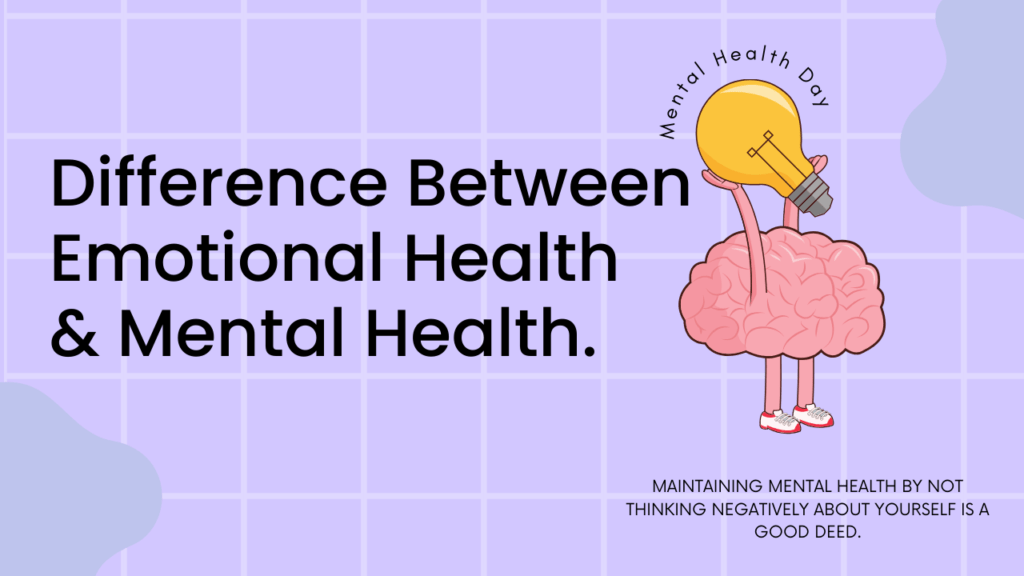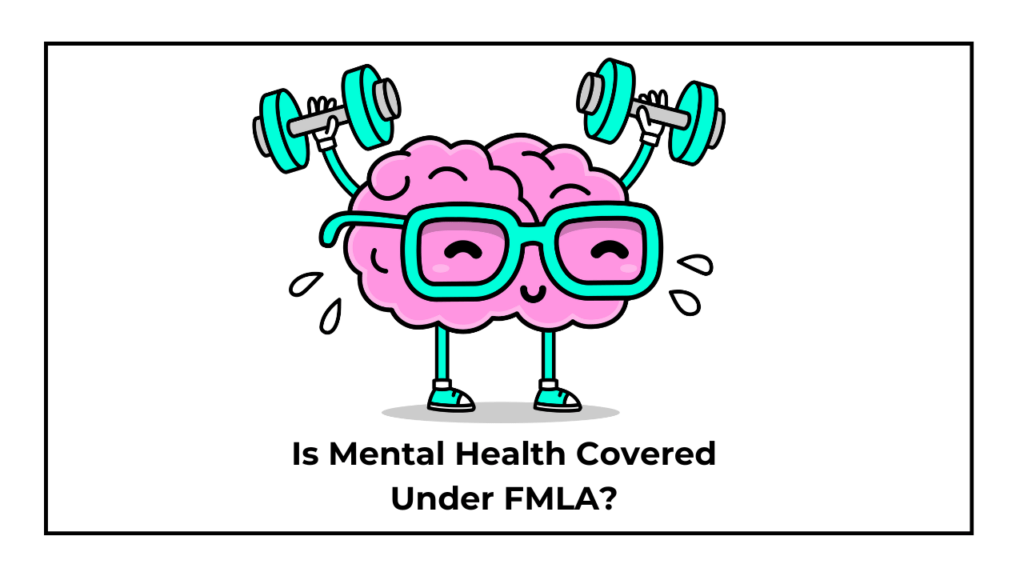If you’re looking for a furry companion to provide support and comfort during challenging times, certain dog breeds stand out for their exceptional ability to uplift mental well-being.
Whether it’s their genuine character, loyalty, intuitive understanding, or playful energy, these dogs have a special way of connecting with individuals facing mental health issues.
Stay tuned to discover which specific breeds can offer you the unique companionship and emotional support you may be looking for in your journey towards better mental health.
Labradors
When dealing with mental health issues, Labradors are often recommended for their friendly demeanor and loyal companionship.
These dogs have a natural ability to provide comfort and emotional support, making them ideal for individuals struggling with anxiety or depression.
Labradors are known for their playful nature, which can help uplift your mood and provide a sense of joy during challenging times.
Their intuitive understanding of human emotions allows them to offer non-judgmental companionship, creating a safe space for you to express yourself freely.
The unwavering loyalty of Labradors means that you’ll always have a devoted friend by your side, ready to offer a comforting paw or a listening ear whenever you need it.
Golden Retrievers
If you’re considering a dog for mental health support, Golden Retrievers are a top choice.
Their gentle temperament and emotional support qualities make them excellent companions for those facing mental health issues.
Golden Retrievers are known for their loyalty and ability to provide comfort during challenging times.
Golden Retriever Temperament
Golden Retrievers are known for their friendly and gentle temperament, making them excellent companions for individuals dealing with mental health issues.
If you’re considering a Golden Retriever to support you, here are some key temperament traits to expect:
- Affectionate: Goldens are loving and enjoy being close to their owners, providing comfort through physical touch.
- Patient: They’ve a calm demeanor, which can help in reducing anxiety and stress levels.
- Social: These dogs are sociable and enjoy interacting with people, offering companionship and a sense of connection.
- Empathetic: Golden Retrievers are intuitive and can sense when their owners are feeling down, often offering emotional support without words.
Emotional Support Qualities
Consider a Golden Retriever for emotional support due to their affectionate and empathetic nature that can provide comfort and companionship during challenging times.
Golden Retrievers are known for their intuitive ability to sense emotions, offering a supportive presence that can alleviate feelings of loneliness and anxiety.
Their gentle demeanor and unwavering loyalty make them ideal companions for individuals struggling with mental health issues.
Whether it’s a wagging tail or a loving nuzzle, these dogs have a unique way of connecting with their owners on a deep emotional level.
The Golden Retriever’s innate desire to please and their innate kindness can bring a sense of calm and stability to your life, making them an excellent choice for emotional support.
Cavalier King Charles Spaniels
Cavalier King Charles Spaniels are known for their gentle and affectionate nature, making them excellent companions for individuals dealing with mental health issues.
These dogs provide emotional support and comfort through their loving demeanor, helping to alleviate feelings of anxiety and loneliness.
Here are four reasons why Cavalier King Charles Spaniels are beneficial for mental health:
- Affectionate Nature: Their loving and cuddly personality can offer a sense of security and companionship.
- Intuitive Companions: They’ve a remarkable ability to sense your emotions and provide comfort when needed.
- Gentle Temperament: Their calm and gentle demeanor can help create a peaceful environment.
- Encouragement for Routine: Taking care of them can establish a sense of routine and responsibility, promoting mental well-being.
Pugs
Pugs are known for their playful and charming personalities, making them delightful companions for those facing mental health challenges.
Their affectionate nature and tendency to form strong bonds with their owners can provide comfort and emotional support during difficult times.
Pugs are social animals that thrive on human interaction, which can help reduce feelings of loneliness and isolation.
Their playful antics and silly expressions have a way of bringing joy and laughter, lifting spirits and easing stress.
Additionally, their small size and easy maintenance make them suitable for various living situations, whether you live in a spacious home or a cozy apartment.
Overall, the loving and loyal nature of Pugs can make a positive impact on your mental well-being.
French Bulldogs
French Bulldogs, with their charming and affectionate demeanor, can be excellent companions for those facing mental health challenges.
They offer companionship, comfort, and a sense of routine that can greatly benefit individuals struggling with mental health issues.
Here are some reasons why French Bulldogs can be a great choice for improving your mental well-being:
- Affectionate Nature: French Bulldogs are known for their loving and loyal personalities, providing constant emotional support.
- Low Maintenance: Their short coats require minimal grooming, making them an easy pet to care for.
- Playful Energy: Engaging in playtime with a French Bulldog can help reduce stress and anxiety.
- Companionship: These dogs form strong bonds with their owners, offering a constant source of companionship and emotional support.
Poodles
If you’re considering a Poodle as a companion for mental health support, you’re on the right track.
Poodles are known for their intelligence, adaptability, and hypoallergenic coats, making them excellent therapy dogs.
Proper training can help Poodles excel in providing emotional support and comfort during challenging times.
Poodle Characteristics for Therapy
Consider how Poodles’ intelligent and adaptable nature makes them excellent candidates for therapy work.
Here are some key characteristics that make Poodles well-suited for therapy:
- Intelligence:
Poodles are highly intelligent dogs, making them quick learners for therapy tasks. - Flexibility:
Their flexible nature allows Poodles to adjust well to various environments and situations during therapy sessions. - Gentleness:
Poodles are known for their gentle demeanor, which is pivotal for providing comfort to individuals in need. - Non-shedding Coat:
Their hypoallergenic, non-shedding coat is ideal for therapy work, as it minimizes allergic reactions and makes grooming easier.
These attributes combined make Poodles wonderful companions for individuals seeking emotional support and therapy.
Poodle Training for Support
To effectively train Poodles for support roles, focus on harnessing their innate intelligence and gentle demeanor.
Poodles are highly trainable and excel in various roles, including emotional support.
Here’s a structured approach to training your Poodle for support:
| Training Aspect | Description | Tips |
|---|---|---|
| Socialization | Introduce to various environments and people | Gradual exposure is key |
| Basic Commands | Teach commands like sit, stay, and come | Use positive reinforcement techniques |
| Emotional Support | Encourage comforting behaviors during distress | Reward calming actions |
Border Collies
Border Collies are known for their intelligence and high energy levels, making them excellent companions for individuals dealing with mental health issues.
Here’s why they can be a great choice for you:
- Highly Intelligent:
Border Collies are quick learners and can be trained to provide emotional support and assistance. - Energetic Nature:
Their energy levels can motivate you to stay active, which is beneficial for improving your mental well-being. - Strong Bonding:
These dogs form strong bonds with their owners, offering companionship and a sense of security. - Herding Instinct:
Their herding instincts can provide a comforting presence and help create a routine in your daily life.
Yorkshire Terriers
With their small size and big personalities, Yorkshire Terriers can be a comforting and loyal companion for individuals managing mental health challenges.
These pint-sized pups are known for their affectionate nature, making them great emotional support animals.
Yorkshire Terriers thrive on human companionship, offering unwavering loyalty and love to their owners.
Their playful demeanor and gentle disposition can help alleviate feelings of loneliness and provide a sense of purpose and routine.
Additionally, their manageable size makes them suitable for apartment living or smaller spaces, ensuring they can be by your side whenever you need them.
The presence of a Yorkshire Terrier can bring joy, comfort, and a sense of security to individuals dealing with mental health issues.
Conclusion
To wrap up, when it comes to finding the best dogs for mental health support, Labradors, Golden Retrievers, Cavalier King Charles Spaniels, Pugs, and French Bulldogs are top choices.
These breeds offer unwavering loyalty, comfort, and emotional support, making them invaluable companions for those struggling with anxiety and depression.
Remember, having a furry friend by your side can make a world of difference in improving your mental well-being.
So consider adopting one of these breeds and experience the positive impact they can have on your life.

